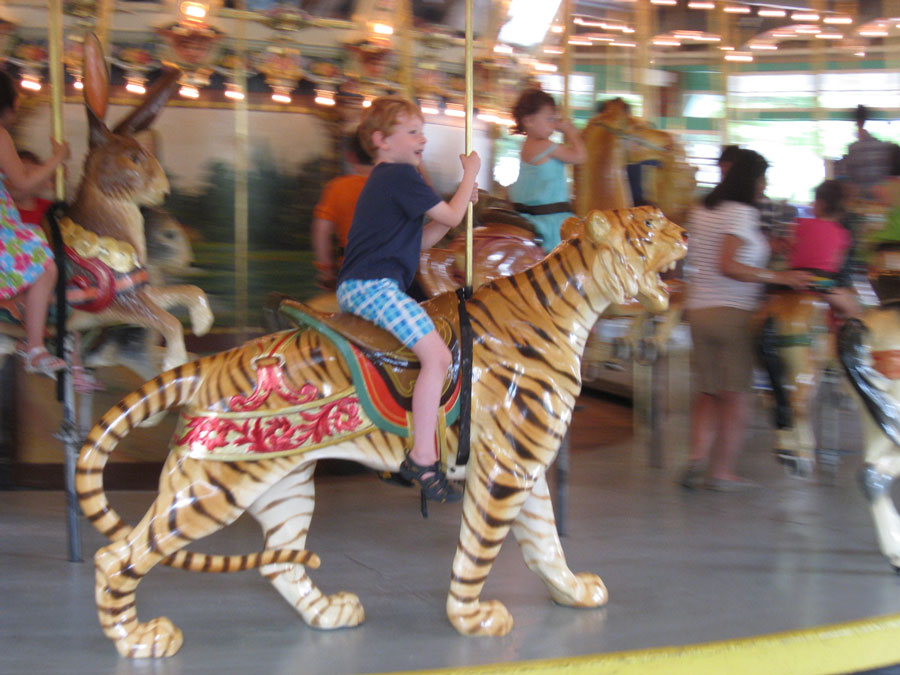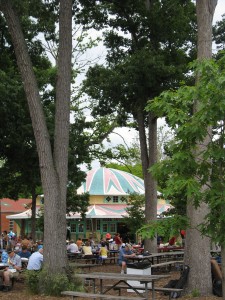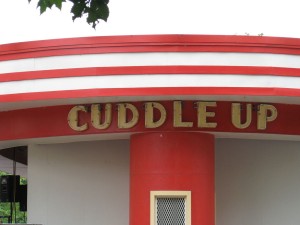
When the apocalypse finally limps over the finish line and the power grid goes down for good, things will get a lot quieter for many people. But in the silence of that new day there will still be music. Quieter, indeed, but no less marvelous.
Last weekend the 33rd annual Washington Folk Festival, blooming like a field of beloved wildflowers under the lofty trees at historic Glen Echo Park, Maryland, showcased the kind of music that has kept the human spirit alive for centuries.

Long before earbuds and iPods and virtual Clouds, there was music in the air all around the world, played by shepherds and troubadours, lovers and sailors, the lost and lonely, the hopeful and devout. Music was, and continues to be, a most potent magic.
One of the most precious things about folk music is that it belongs to all of us. Anyone can pick up an instrument, or raise a voice, and join in. It is the most democratic of genres, freely shared and lovingly passed on from generation to generation.
This reverence for the heirloom quality of folk music was clearly evident at the recent festival, where groups of younger musicians carried on the traditions of bluegrass, old-time country swing, gospel, blues and international folk music, showing reverence for the past while breathing new life and energy into the material.
Glen Echo Park is a perfect venue for such a vital process. While the much larger National Folk Festival down on the Mall attracts bigger crowds and more attention, as it should in the heart of the Nation’s Capitol, the more intimate and down-home Washington Folk Festival serves as a reminder of the heart and soul of the folk movement, which enjoys periodic revivals every generation or so, as new audiences discover its timeless charms.

Glen Echo Park itself was begun in 1891 as an ambitious project to further the arts, and although the original effort failed, the site was reinvented in the early 20th century as an amusement park and enjoyed a long reign of popularity until it finally closed in 1968. Taken over by the National Parks system in 1971 and revived as a center of arts and amusement, Glen Echo now attracts a wide variety of visitors who come to dance in the Spanish Ballroom, to take art classes, and to ride the beautifully restored circa 1921 Dentzel carousel.
At the recent festival the carefree music of the carousel wove in the air with the sounds of mandolins, bagpipes and Celtic harps. Outside the Cuddle-Up stage, where the New Old-Time String Band was playing a medley of gospel favorites, passersby sang along to “Will The Circle Be Unbroken?”
I’d like to think that even if the circle takes a beating from time to time, it will still keep rolling, and playing a joyful song or two along the way.